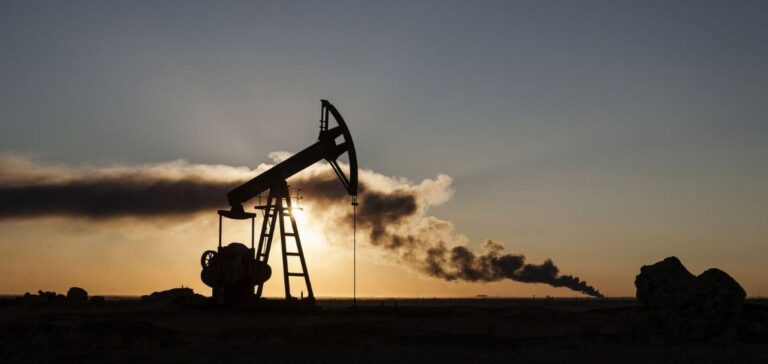Iraq is still waiting for a “final agreement” with Turkey before it can resume oil exports from Kurdistan, which have been suspended for more than a month, the government of the autonomous region announced.
The Iraqi federal government had mentioned a resumption of exports as early as May 13, but the authorities in autonomous Kurdistan in northern Iraq later tempered this optimism. “Kurdistan has fulfilled all its obligations (…) and is waiting for a final agreement between the federal government and the Turkish government for a resumption of oil exports,” stressed Prime Minister of the autonomous region Masrour Barzani, in a statement on Sunday evening.
After years of going it alone in exporting oil via Turkey, Iraqi Kurdistan had to bow to a decision by the International Chamber of Commerce arbitration tribunal in Paris at the end of March in favour of Baghdad regarding the management of this oil. This verdict led to a suspension of exports, forcing Erbil, the capital of autonomous Kurdistan, to negotiate with Baghdad: Kurdistan’s sales will henceforth go through the State Oil Company(Somo) and the income from Kurdish exports will go into a bank account managed by Erbil but supervised by Baghdad.
The suspension of exports represents a loss of revenue of about “a billion dollars”, explained to AFP the analyst Kovand Shirwani. For nearly a decade, black gold has been the economic lung of Iraqi Kurdistan, with some 475,000 barrels exported daily via Turkey, without the approval of Baghdad.
In early May, Iraqi Oil Minister Hayan Abdel-Ghani justified the delays in resuming exports by referring to “tests carried out on the pipelines” in Turkey after the February earthquake. But financial issues remain unresolved: Baghdad is waiting for the payment of a “fine” by Ankara, Mr. Abdel-Ghani had assured then.
Flexibility
This is because a 1973 bilateral agreement regulating the use of the pipelines set the fee paid to Turkey at $1.19 for each barrel of oil sent to the Turkish port of Ceyhan. “But Kurdistan was paying much more than that” in right of way, the minister said, believing that “the difference should go to the Iraqi government. This “fine” could exceed 1.8 billion dollars, a senior Iraqi oil ministry official told AFP on condition of anonymity.
Turkish Energy Minister Fatih Donmez, however, disputed the amounts claimed by Baghdad at the end of March, according to the Turkish news agency Anadolu. “I don’t think Iraq will be intractable in terms of compensation,” predicts political scientist Lawk Ghafury, a former official in Iraq’s autonomous Kurdistan. The main obstacles, according to him, come from Turkey, at a time when the country is heading towards an unprecedented second round of presidential elections between the head of state Recep Tayyip Erdogan and his main opponent Kemal Kiliçdaroglu.
“Turkey first wants the election to settle down,” he said. It also points to a second lawsuit brought by Iraq in 2018 before the same arbitral tribunal, which Turkey wants dropped to pave the way for a resumption of exports. “It’s also related to oil, it’s the same case, but over two different periods,” assures the analyst, pointing out that this still ongoing procedure concerns exports from Kurdistan after 2018.





















